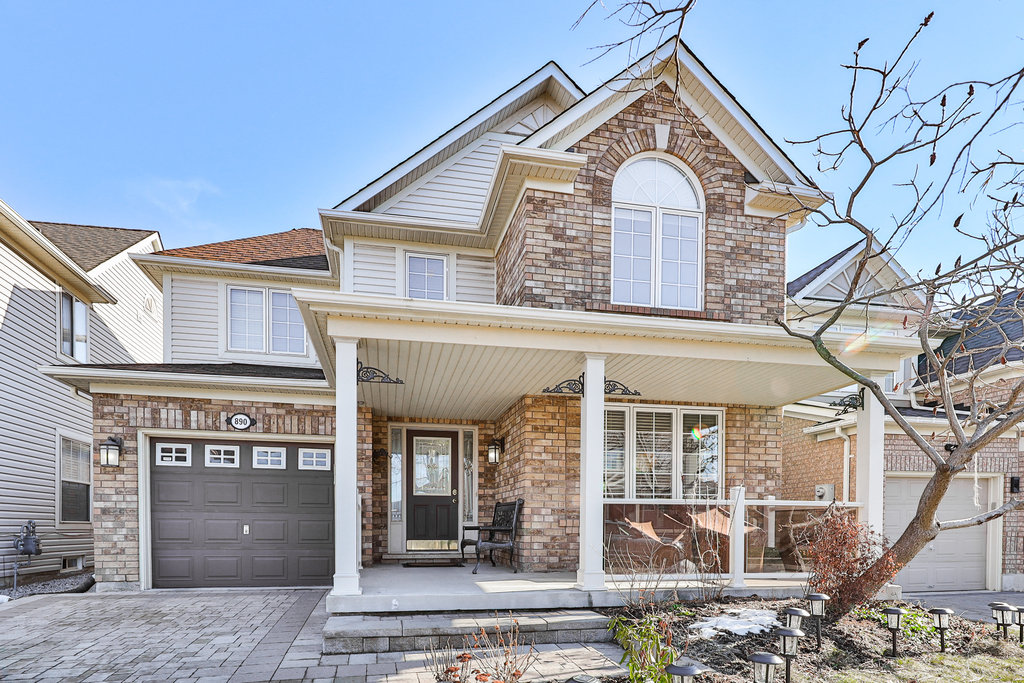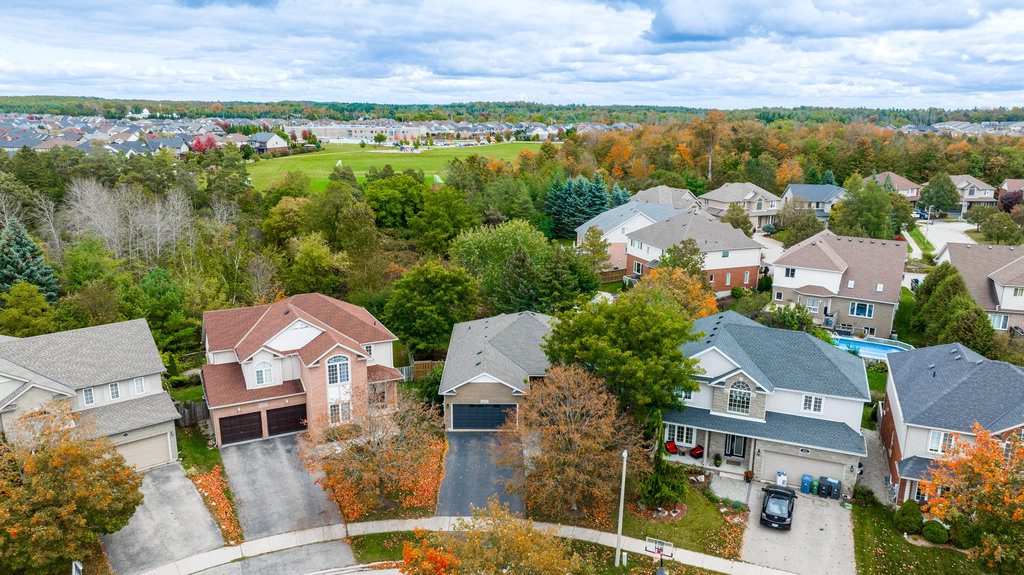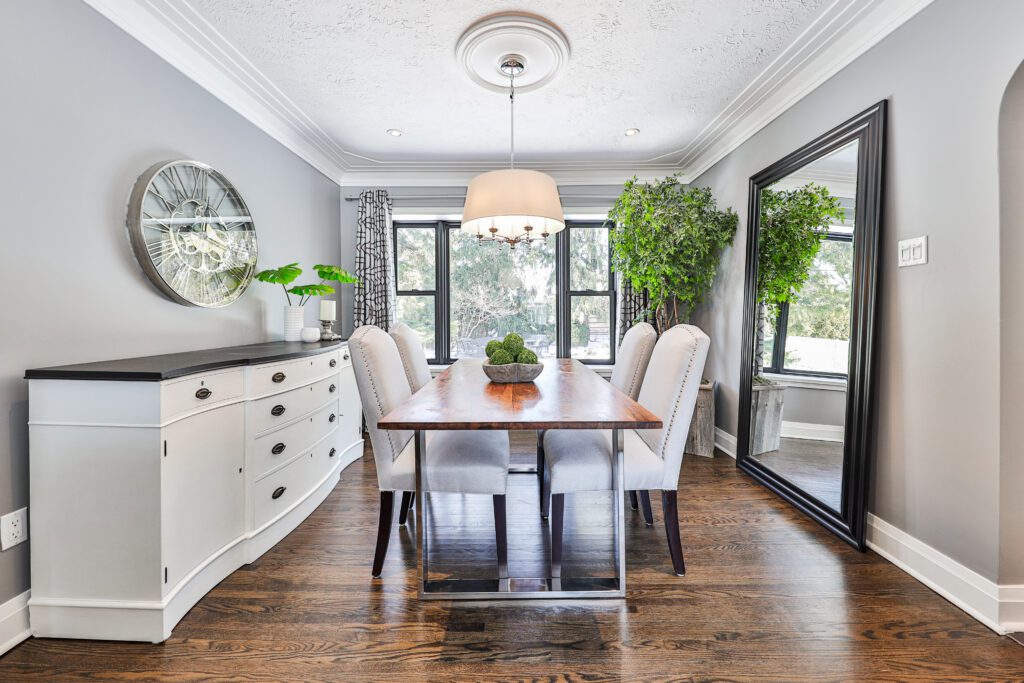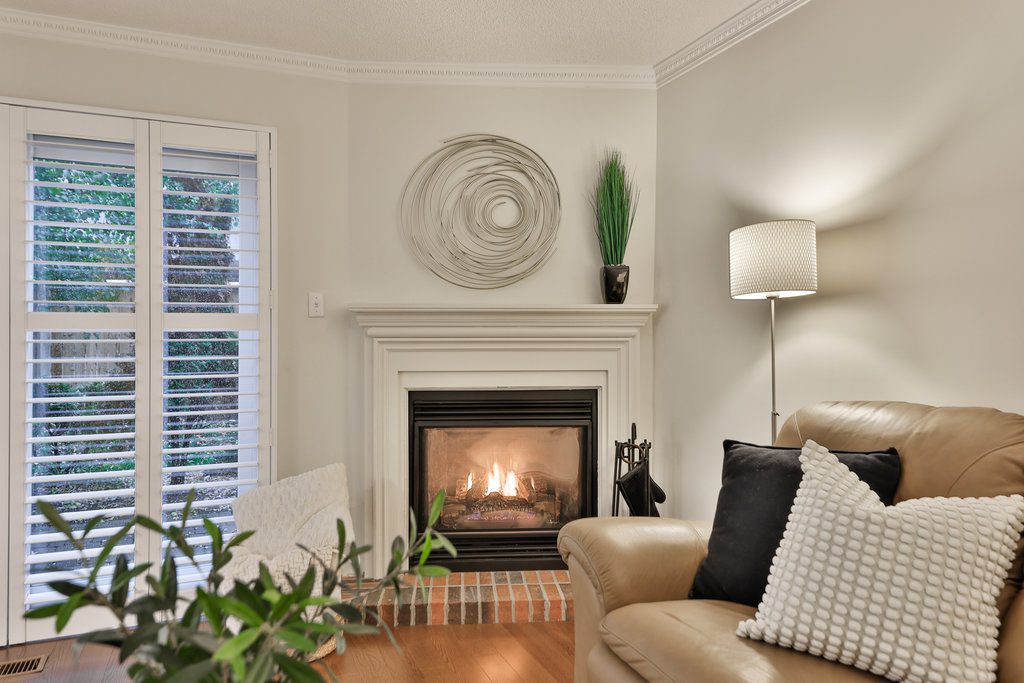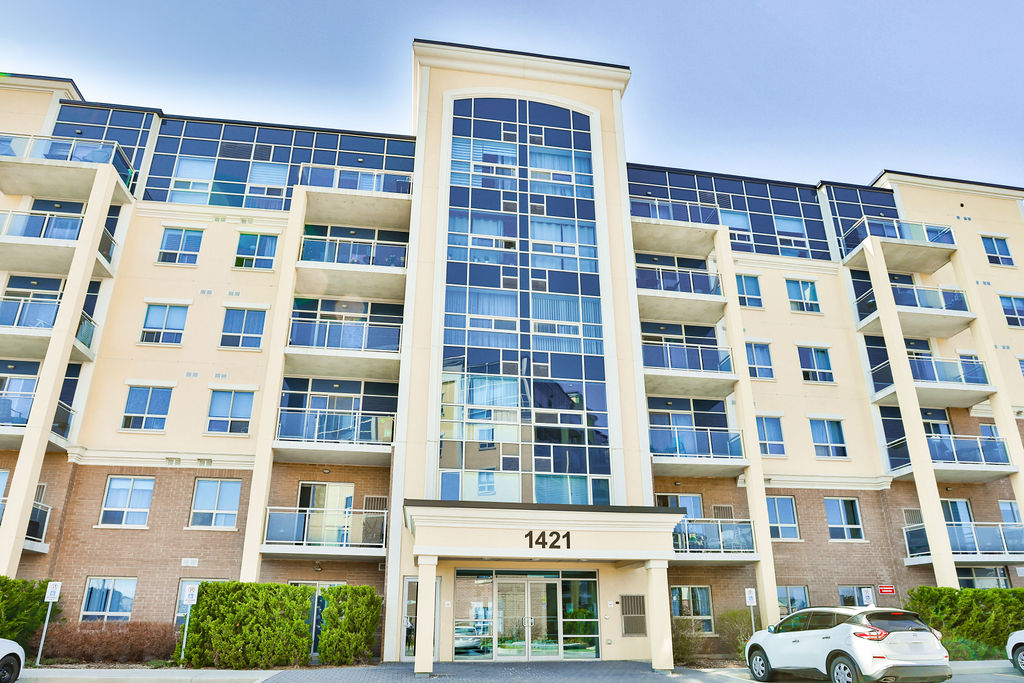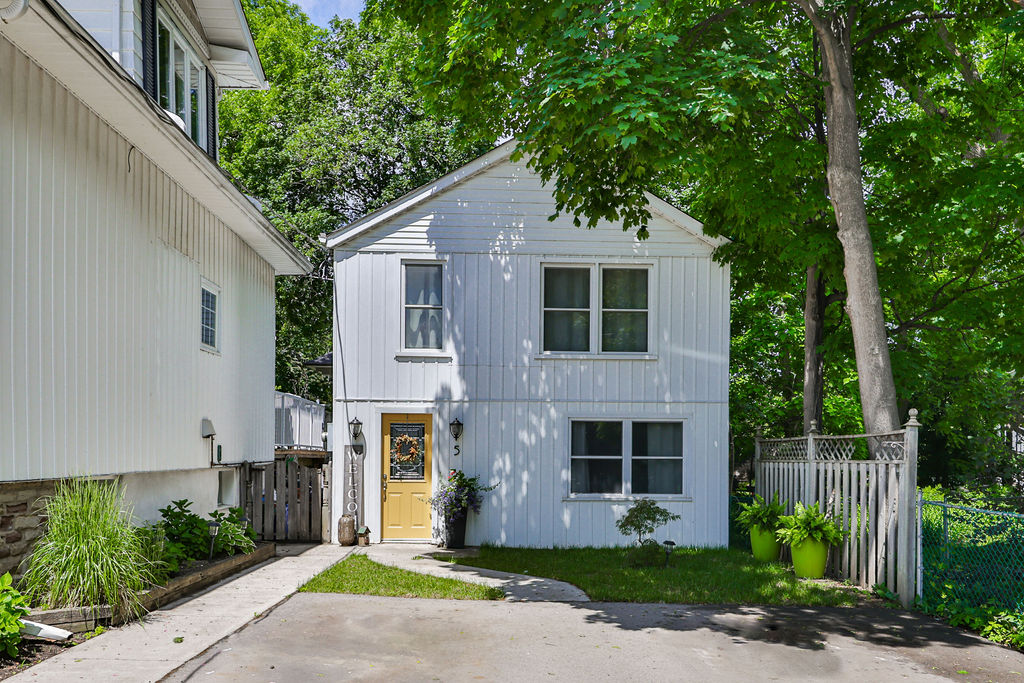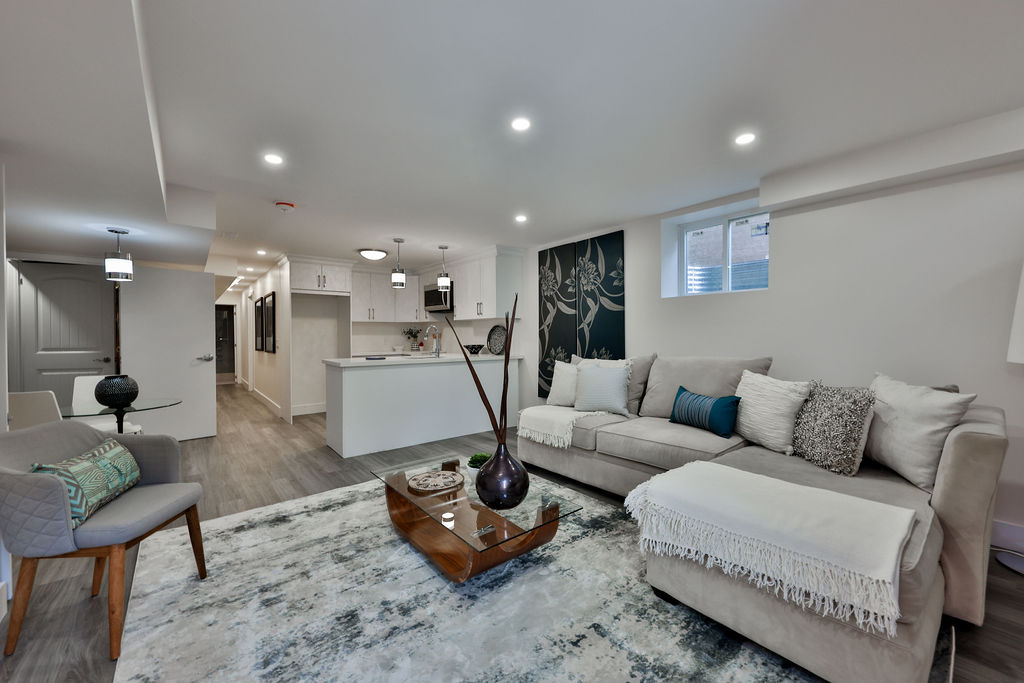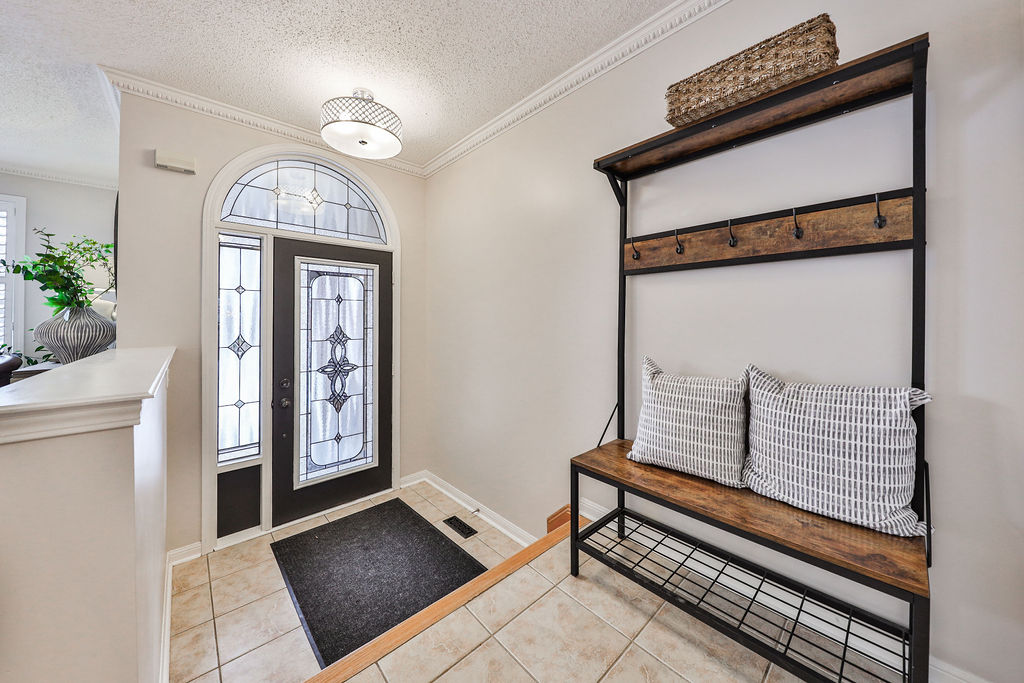With houses selling faster than ever, many homeowners are choosing to sell without the involvement of a real estate agent. Why would anyone do this? For someone unfamiliar with the industry, it looks like a good idea. By selling your house on your own, you avoid paying a commission to the agent. And in this market, you don’t need a lot of exposure to bring in the offers. Simply listing your house on MLS can generate a lot of interest.
As a result, you see “For Sale By Owner” (FSBO) signs popping up more often.
Many sellers believe they’ll end up with more money in their pocket by selling without an agent. However, this is rarely the case. An agent will almost certainly earn more for you than you ever could on your own, even in this fast-paced seller’s market. How could this be?
Licensed agents are well trained, certified and have access to many resources an FSBO seller does not.
Here are a few of the many ways an agent can help maximize your sale.
Listing at the Right Time
When you hear the term “Seller’s Market,” it’s a general principle that more people are looking to buy a home than there are houses for sale. However, prices fluctuate in every market, and timing matters greatly. You can’t rely on general principles if you want to maximize your sale. For example, everyone “knows” that Spring is the best time to list your house. But each city is different, and there are other factors at play. Sometimes a new law comes into effect that can affect housing prices.
Nothing feels worse than selling your house today, only to find out you might have gotten thousands more by waiting a couple of weeks.
No matter what the market is doing, there are still better times than others to list your house for the maximum return.
Upgrading the right way.
As a seller, you know you need to get your house in tip-top shape before listing it on the market. But do you know what upgrades to make? Some renovations will increase your bottom line by thousands of dollars.
Some won’t help at all and are a waste of your time and money. Other upgrades can actually hurt your sale. An agent with experience in your area knows what buyers are looking for. This insight will save you a lot of expense and hassle from performing unnecessary renovations.
Effective marketing strategies
Many home sellers list their homes on the MLS, and that’s the extent of their marketing. But the biggest single factor in getting the most profit from your house is finding the right buyer.
An experienced agent often has a roster of clients who are already searching for a home in your area.
Finding a highly-motivated buyer means your house will sell quickly, with minimal hassle and at a price you can be satisfied with.
Expert Selling and Negotiation Skills
Without representation, you’ll have to deal personally with everyone who expresses interest in your home. This means constant phone calls, emails and sudden knocks at the door from passersby who saw your sign.
Do you know how to weed out those who want to beat you down on price and those who just want to walk through because they’re nosy?
And when you do stumble across an interested prosper, are you prepared to do a complete sales presentation and negotiate top dollar for your property?
As you can see, selling a house is more complicated than you may have thought. And we haven’t even talked about the paperwork yet.
Handling the legalities
Every real estate transaction involves several legal, binding contracts.
If you accidentally violate one of these agreements, you may end up spending your profits on lawyer’s fees. Or a sale you thought was a sure thing could fall through because of some faulty paperwork.
Think of your agent as an investment.
Many real estate agents provide complete service, start to finish. They even pay many of the expenses of selling your home out of their own pocket, including the staging and marketing expenses.
If your house doesn’t sell, it costs you nothing.
At the highest commission rate, you only have to sell for 6% more to earn back every penny of your agent’s fees. However, you can expect much more. The average sale through a Realtor® is 20% higher than a sale by owner. What does that math look like?
Let’s say you sell your house for $500,000. An agent would add an extra $100,000 to your final price.
Since the maximum commission would be $36,000, you’d have at least $64,000 in extra profits.
Perhaps even more important than the price is the peace of mind that comes with using an experienced real estate agent. You will likely get more money from your sale, and you’ll have less to worry about and fewer expenses.
Want to know more about how to sell your house the right way? Here are some other articles that will help:
- Our Top 7 First Time Seller FAQs
- How to Set the Right Home Price the First Time
- The Costs of Selling a Home: What to Expect
Are you ready to take the first step in finding an agent to help sell your home? You can learn more about our process in our free seller’s guide.


